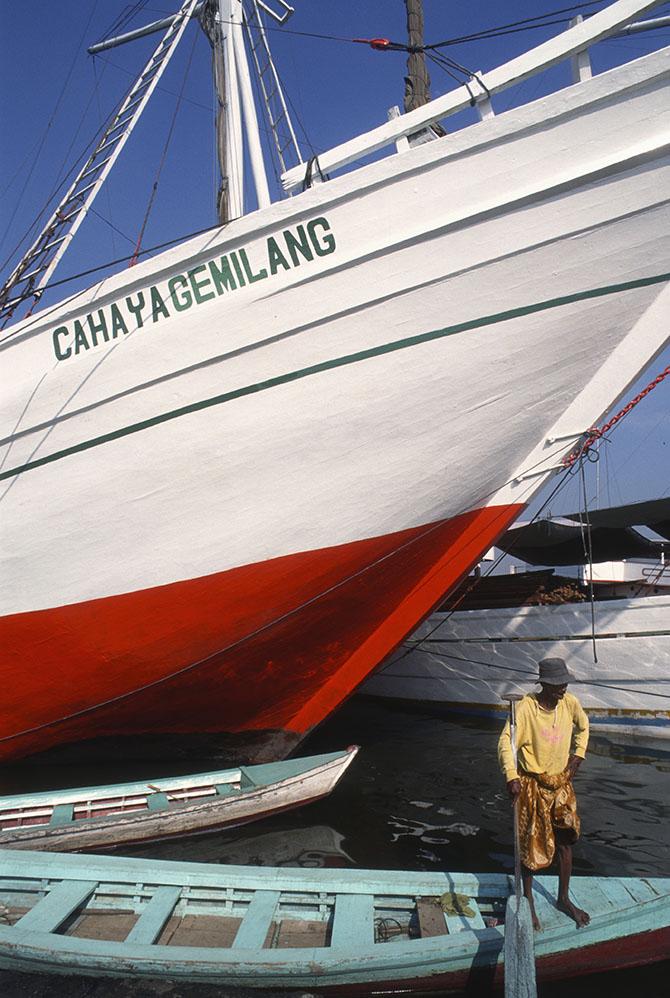
Law and justice
There are a number of other domestic issues in the years ahead that could affect Indonesia’s implementation of its foreign policy. The issue of “corruption and collusion” will have to be given more attention as it can affect the credibility of the national government, thereby making it difficult to pursue an effective foreign policy. Equally, the issues of law and justice will also spring up, making it necessary to strike a balance between procedural and substantive justice. The seeming disparity between the swift development of Indonesia’s economy and the less apparent development of spirituality has created the impression that Indonesian society is becoming more materialistic, rather than idealistic.
This impression could also lead to public debate in the years ahead. This debate may in turn affect the direction and essence of Indonesia’s development strategy, and subsequently the implementation of foreign policy, since foreign policy is itself oriented to economic development. Another domestic issue that can affect domestic stability is the uneven economic development between the various regions and provinces within the sprawling Indonesian archipelago. It is generally perceived that Western Indonesia is more developed than Eastern Indonesia.
Fortunately, the Indonesian government is fully aware of these challenges and has taken certain preventive measures. The expeditious and effective implementation of those measures, such as programs to develop the largely maritime provinces of Eastern Indonesia, should contribute significantly to the maintenance of national unity, economic growth and stability. In this context, the policy to develop subregional growth areas, such as the Singapore-Malaysia-Indonesia Growth Triangle, a special economic zone known as Sijori, could be established in Eastern Indonesian provinces. Papua New Guinea, Australia and perhaps other countries in the South West Pacific could also participate. Indonesia’s foreign policy should include continuing to explore possibilities for developing regional development models with the relevant neighboring countries, but without endangering or weakening efforts to strengthen national unity and cohesion.
The promotion of economic growth and social justice will continue to be a key element in the trilogy of development. The world has now acknowledged Indonesia as an “economic success” for being able to sustain relatively high growth and raise the standard of living of its people. Partly due to this “economic miracle” and partly due to the stability of its domestic environment, Indonesia has been able to consistently draw the interest of foreign investors, and foreign governments and financial institutions. At the same time, Indonesia is also paying more attention to regional and global developments as domestic social and economic developments have become more sensitive to them.







 resized.png)
